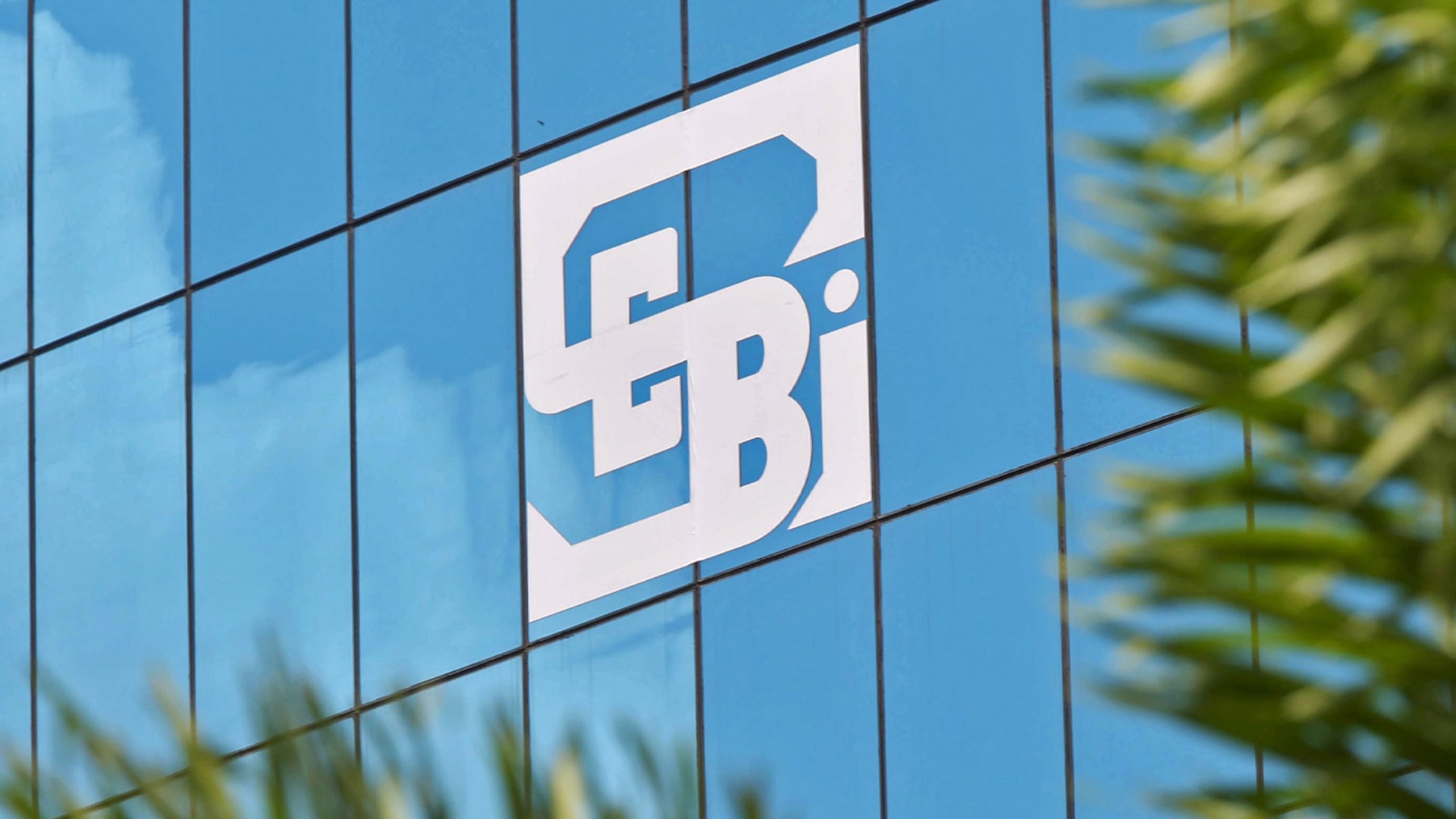Capital markets regulator Sebi has proposed a cloud framework for its regulated entities, highlighting key risks and control measures such entities need to consider before adopting cloud-based solutions.
The proposed framework outlines the regulatory and legal expectations from Sebi-regulated entities (REs) if they adopt cloud computing solutions. “In recent times the dependence on cloud solutions for delivering information technology (IT) services is increasing. “While cloud solutions offer multiple advantages — ready to scale, ease of deployment, no overhead of maintaining physical infrastructure among others — an RE should also be aware of the new cyber security risks and challenges which cloud solutions introduce,” the regulator said in its consultation paper.
Accordingly, a cloud framework has been drafted to address the risks effectively and ensure legal and regulatory compliance. The Securities and Exchange Board of India (Sebi) has sought comments on the proposal till November 14. Under the proposal, Sebi said there are no limitations on using any cloud deployment model. An RE may adopt cloud computing depending on their business and technology risk assessment.
Although IT services can be outsourced to a cloud- based solution, an RE would be solely accountable for all aspects related to cloud services including confidentiality, security of its data and logs, and ensuring compliance with rules. Accordingly, the RE would be held accountable for any violation of the same, the consultation paper noted. “The cloud services should be taken only from the MeitY (Ministry of Electronics and Information Technology) empanelled cloud service provider’s (CSP’s) data centres,” Sebi said.
There should be a demarcation of responsibilities with respect to all activities — technical, managerial, governance related — of cloud services between the RE and CSP. The same should be a part of the agreement between the RE and the CSP. As part of system audit conducted by the RE, the auditor should verify whether there is a clear demarcation of roles and responsibilities for each function between the RE and the CSP. “Data shall be encrypted at any lifecycle stage, source or location to ensure confidentiality, privacy and integrity. RE shall retain complete ownership of its data and associated data, encryption keys, logs etc. residing in the cloud,” it added.
The proposed cloud framework has suggested nine high-level principles — Governance, Risk and Compliance (GRC); data localization; data ownership and process visibility; access, risk assessment and due-diligence on CSPs; security controls; legal and regulatory obligations; Business Continuity Planning (BCP), Disaster Recovery & Cyber Resilience ; and vendor lock-in. The consultation paper is based on a lengthy and exhaustive study, survey, and consultations with market participants, brokers, regulators, cloud associations, cloud service providers, government agencies, and Sebi’s Steering Committee.
